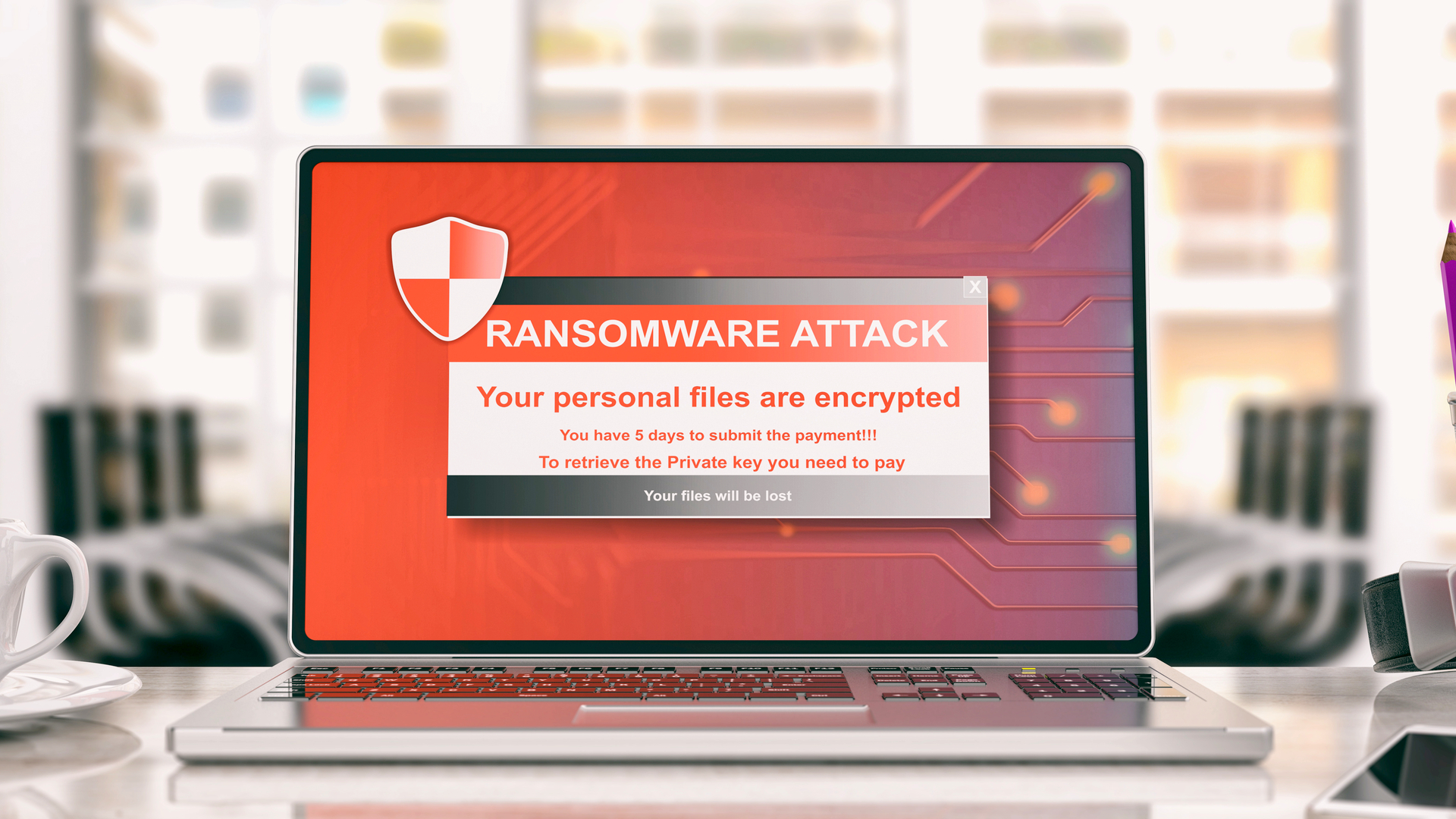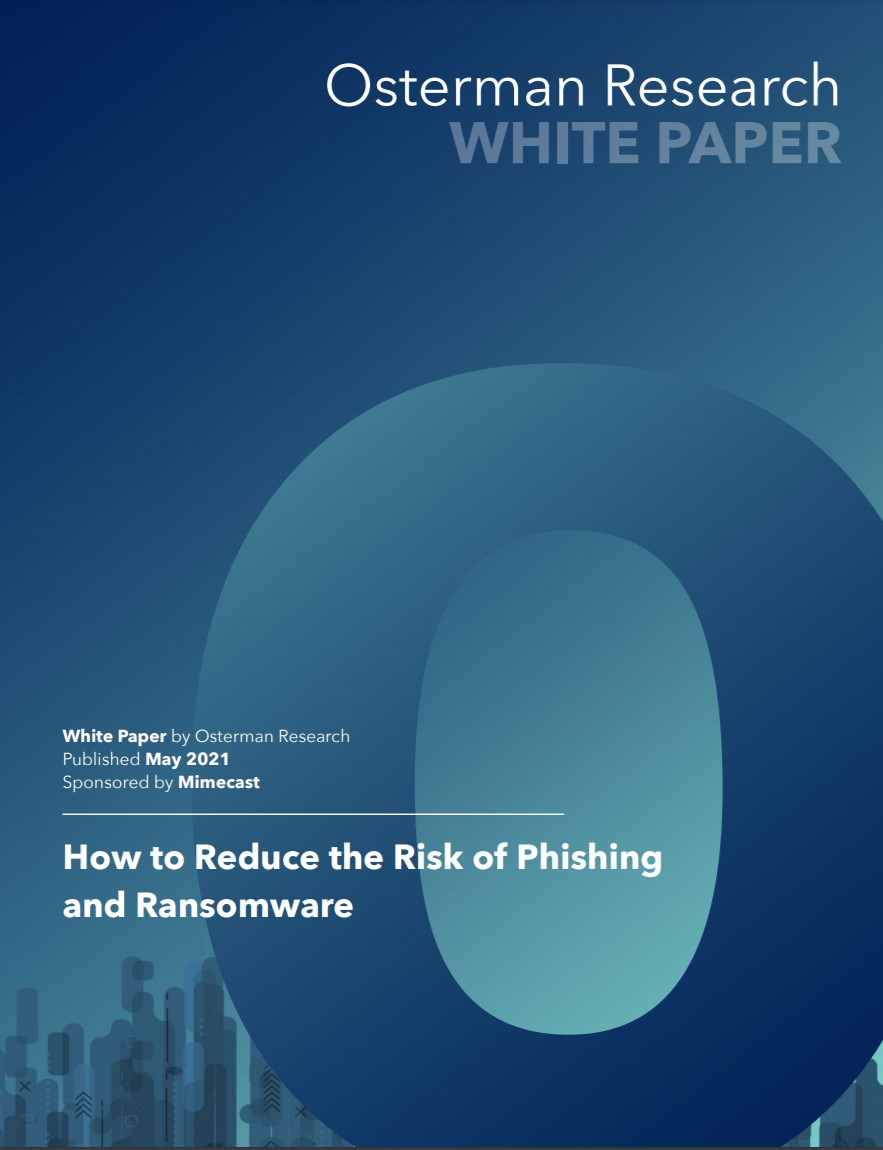New ransomware group is attacking US firms and educational establishments
Mespinoza hacking gang hits organizations with ransom demands as high as $1.6 million


Security researchers have discovered a new ransomware group attacking US publishing, real estate, industrial manufacturing, and education organizations.
Dubbed Mespinoza, researchers at Unit 42, the cyber security consulting and threat intelligence team at Palo Alto Networks, said the gang’s website claimed to have 187 victims in various industries worldwide.
The victims are scattered across more than 20 countries, including the UK, Ireland, Spain, France, Germany, South Africa, Australia, US, Canada, and Brazil. The most targeted country was the US, according to a Mespinoza leak site, which reported 55% of victims were US organizations.
According to researchers‘ new report, the gang has hit victims with ransom demands as high as $1.6 million and received payments as high as $470,000.
The report detailed how the group operates. Researchers said the Mespinoza is highly disciplined. After accessing a new network, the group studies compromised systems in what we believe is triage to determine if there is enough valuable data to justify launching a full-scale attack.
“They look for keywords including clandestine, fraud, social security numbers, driver’s license, passport and I-9. That suggests they are hunting for sensitive files that would have the most impact if leaked,” researchers said.
RELATED RESOURCE

How to reduce the risk of phishing and ransomware
Top security concerns and tips for mitigation
The ransomware gang also refers to victims as “partners.” That term suggests “they try to run the group as a professional enterprise and see victims as business partners who fund their profits,” said researchers.
Get the ITPro daily newsletter
Sign up today and you will receive a free copy of our Future Focus 2025 report - the leading guidance on AI, cybersecurity and other IT challenges as per 700+ senior executives
Mespinoza also uses a tool that creates network tunnels to siphon off data called “MagicSocks.” A component stored on their staging server and likely used to wrap up an attack is named “HappyEnd.bat.”
According to the researchers, in a recent incident, threat actors deployed the Mespinoza (also known as Pysa) ransomware by accessing a system via remote desktop and running a series of batch scripts that used the PsExec tool to copy and execute the ransomware on other systems on the network.
“Before deploying the ransomware to other systems, the actor runs PowerShell scripts on the other systems on the network to exfiltrate files of interest and to maximize the impact of the ransomware,” said researchers.
These attacks highlight current trends among multiple ransomware threat actors.
“As with other ransomware attacks, Mespinoza originates through the proverbial front door -- internet-facing RDP servers -- mitigating the need to craft phishing emails, perform social engineering, leverage software vulnerabilities or other more time-consuming and costly activities,” said researchers.
Researchers added that the gang further reduces costs by using numerous free open source tools. They will also use built-in tools that enable actors to live off the land, benefitting bottom-line expenses and profits.
Rene Millman is a freelance writer and broadcaster who covers cybersecurity, AI, IoT, and the cloud. He also works as a contributing analyst at GigaOm and has previously worked as an analyst for Gartner covering the infrastructure market. He has made numerous television appearances to give his views and expertise on technology trends and companies that affect and shape our lives. You can follow Rene Millman on Twitter.
-
 The Race Is On for Higher Ed to Adapt: Equity in Hyflex Learning
The Race Is On for Higher Ed to Adapt: Equity in Hyflex LearningBy ITPro
-
 Google faces 'first of its kind' class action for search ads overcharging in UK
Google faces 'first of its kind' class action for search ads overcharging in UKNews Google faces a "first of its kind" £5 billion lawsuit in the UK over accusations it has a monopoly in digital advertising that allows it to overcharge customers.
By Nicole Kobie
-
 Cleo attack victim list grows as Hertz confirms customer data stolen – and security experts say it won't be the last
Cleo attack victim list grows as Hertz confirms customer data stolen – and security experts say it won't be the lastNews Hertz has confirmed it suffered a data breach as a result of the Cleo zero-day vulnerability in late 2024, with the car rental giant warning that customer data was stolen.
By Ross Kelly
-
 ‘Phishing kits are a force multiplier': Cheap cyber crime kits can be bought on the dark web for less than $25 – and experts warn it’s lowering the barrier of entry for amateur hackers
‘Phishing kits are a force multiplier': Cheap cyber crime kits can be bought on the dark web for less than $25 – and experts warn it’s lowering the barrier of entry for amateur hackersNews Research from NordVPN shows phishing kits are now widely available on the dark web and via messaging apps like Telegram, and are often selling for less than $25.
By Emma Woollacott
-
 Healthcare systems are rife with exploits — and ransomware gangs have noticed
Healthcare systems are rife with exploits — and ransomware gangs have noticedNews Nearly nine-in-ten healthcare organizations have medical devices that are vulnerable to exploits, and ransomware groups are taking notice.
By Nicole Kobie
-
 Alleged LockBit developer extradited to the US
Alleged LockBit developer extradited to the USNews A Russian-Israeli man has been extradited to the US amid accusations of being a key LockBit ransomware developer.
By Emma Woollacott
-
 February was the worst month on record for ransomware attacks – and one threat group had a field day
February was the worst month on record for ransomware attacks – and one threat group had a field dayNews February 2025 was the worst month on record for the number of ransomware attacks, according to new research from Bitdefender.
By Emma Woollacott
-
 CISA issues warning over Medusa ransomware after 300 victims from critical sectors impacted
CISA issues warning over Medusa ransomware after 300 victims from critical sectors impactedNews The Medusa ransomware as a Service operation compromised twice as many organizations at the start of 2025 compared to 2024
By Solomon Klappholz
-
 Warning issued over prolific 'Ghost' ransomware group
Warning issued over prolific 'Ghost' ransomware groupNews The Ghost ransomware group is known to act fast and exploit vulnerabilities in public-facing appliances
By Solomon Klappholz
-
 The Zservers takedown is another big win for law enforcement
The Zservers takedown is another big win for law enforcementNews LockBit has been dealt another blow by law enforcement after Dutch police took 127 of its servers offline
By Solomon Klappholz